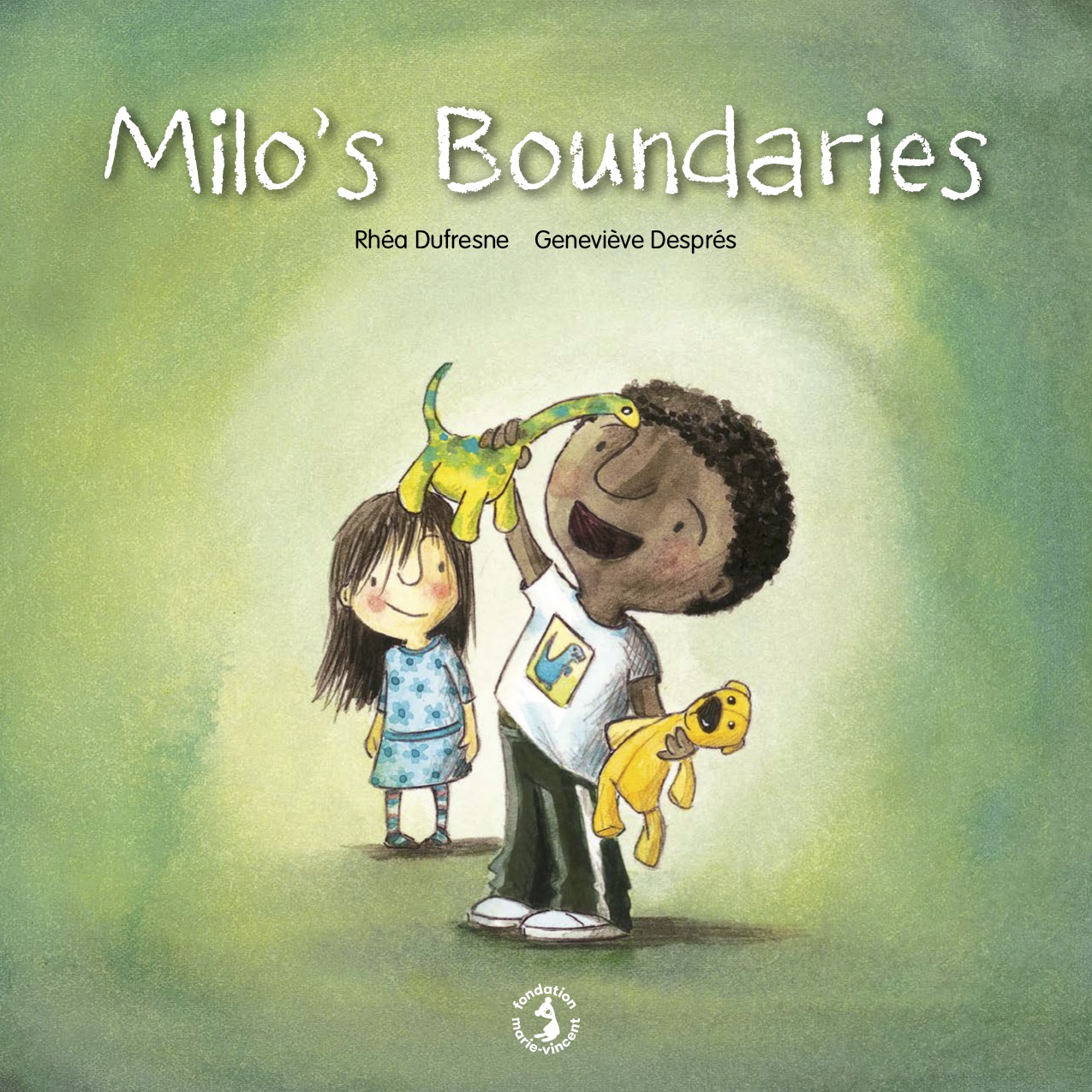When you talk about privacy, you can recognize various kinds of interpersonal relationships, identify personal space (boundaries), and learn how to ask for those boundaries to be respected. This also gives adults the opportunity to reframe some of their child’s various sexual behaviours.











